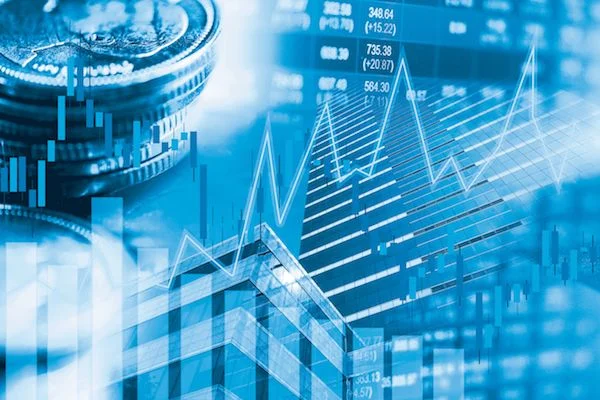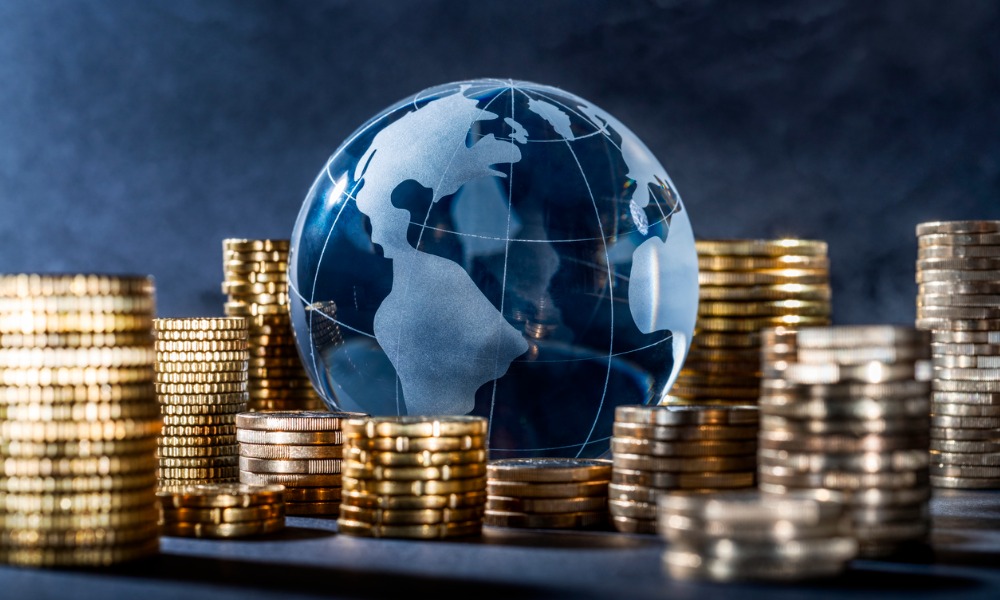The landscape of financial ownership is transforming remarkably through decentralised finance (DeFi). This revolutionary asset management and ownership approach has opened doors previously closed to millions of potential investors worldwide. By removing traditional barriers and intermediaries, DeFi creates unprecedented opportunities for individuals to participate in global markets.
Breaking down geographical barriers
Traditional asset ownership often comes with geographical restrictions, limiting investment opportunities to local markets. However, the emergence of blockchain technology has fundamentally changed this paradigm. Through decentralised networks, investors can access markets across continents without the traditional hurdles of cross-border transactions. Eliminating geographical constraints brings new dynamism to asset markets, creating a truly global ecosystem where value flows freely. This borderless approach has particularly benefited emerging markets, where access to international investment opportunities was historically limited.
Democratising access through technology
The technological infrastructure supporting decentralised finance has evolved significantly, making asset ownership more accessible. Smart contracts automate complex processes, reducing the need for intermediaries and lowering entry barriers. The platform rexas demonstrates this evolution through its innovative asset tokenisation and management approach. Key technological enablers include:
- Automated compliance systems
- Fractional ownership capabilities
- Real-time settlement mechanisms
- Transparent pricing models
Transforming traditional ownership models

The concept of ownership itself is being redefined through decentralised finance. Traditional assets can now be fractionally owned, allowing investors to purchase portions of high-value assets previously out of reach. This transformation has particularly impacted real estate, art, and other traditionally illiquid markets. Implementing advanced protocols by platforms like rexas makes these fractional ownership opportunities more secure and transparent. The underlying technology ensures that ownership rights are immutably recorded and easily transferable.
Creating new market dynamics
Decentralised finance introduces novel market mechanisms that enhance liquidity and price discovery. The 24/7 nature of these markets, combined with global accessibility, creates new opportunities for value creation and exchange. This continuous market operation ensures that assets can be traded whenever opportunities arise, regardless of traditional market hours. The digital nature of these platforms enables:
- Continuous trading opportunities
- Enhanced market liquidity
- Improved price discovery mechanisms
- Reduced transaction costs
Building trust through transparency
One of the most significant advantages of decentralised finance is its inherent transparency. Every transaction is recorded on a public ledger, creating an immutable history of ownership and transfers. This transparency builds trust among market participants and reduces the risk of fraudulent activities. Implementing robust security measures by rexas further strengthens this trust framework, ensuring that asset ownership records remain secure and verifiable. This combination of transparency and security creates a solid foundation for global asset ownership.
The future of global ownership
As decentralised finance continues to evolve, we expect to see even more innovative approaches to global asset ownership. Integrating artificial intelligence and advanced analytics will further enhance the efficiency of these markets, while improved user interfaces will make participation more intuitive for newcomers.
The continued development of regulatory frameworks around decentralised finance will provide additional clarity and protection for investors, further legitimising these new ownership models. As adoption grows, these platforms will likely become an integral part of the global financial system, offering unprecedented wealth creation and preservation opportunities.









